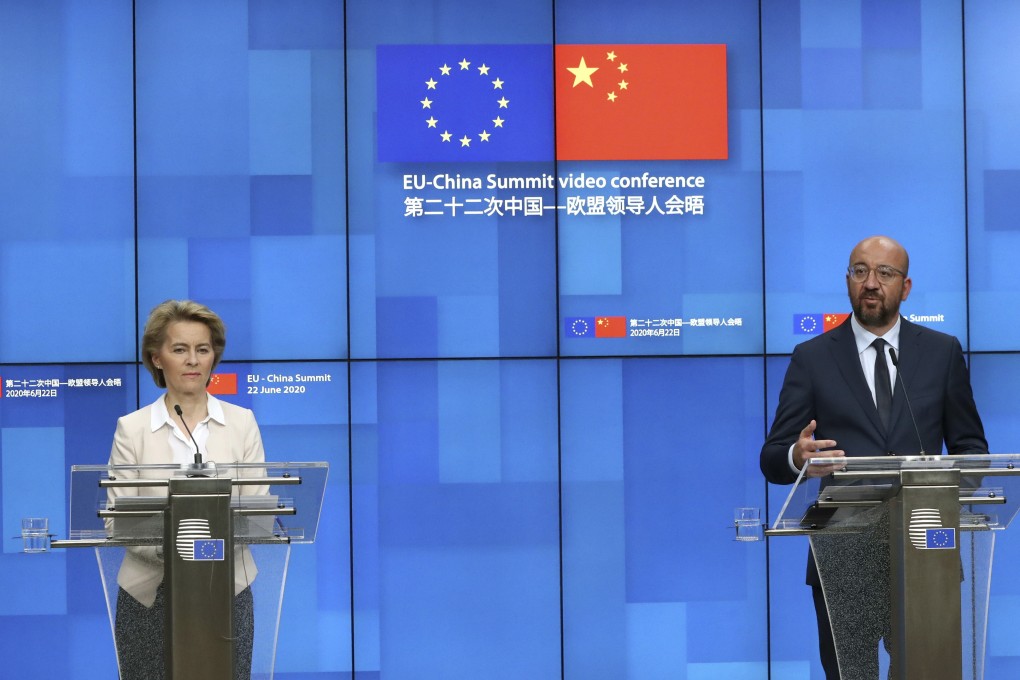EU deal is a milestone for China’s globalisation that can help build a new world economic order
- Apart from promising European firms greater market access, the investment agreement promotes cooperation on the environment and will force China to reform parts of its economy that are not in line with international practices

The EU defines China as a “cooperative partner”, an “economic competitor” and a “systemic rival”. However, since its relationship with Beijing is fundamental to its long-term development, the EU seeks pragmatic ways to solve problems instead of confrontation.
From January to November last year, China-EU trade bucked the recession, rising about 3 per cent. China became the EU’s top trading partner for the first time. The EU was China’s top trading partner for 16 consecutive years before Brexit. These signs show cooperation rests on a solid foundation and has great potential.

Aligned with high-level international economic and trade rules, the EU-China agreement focuses on institutional openness. It covers areas far beyond traditional bilateral investment agreements, covering market access commitments, fair competition rules, sustainable development and dispute settlement.

